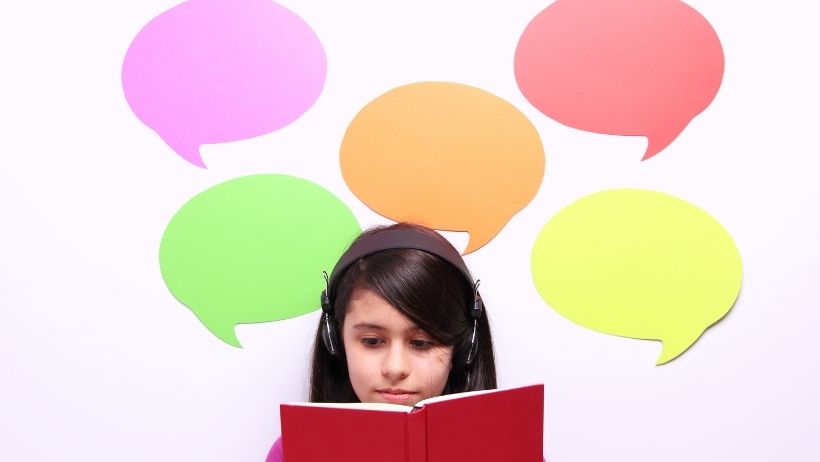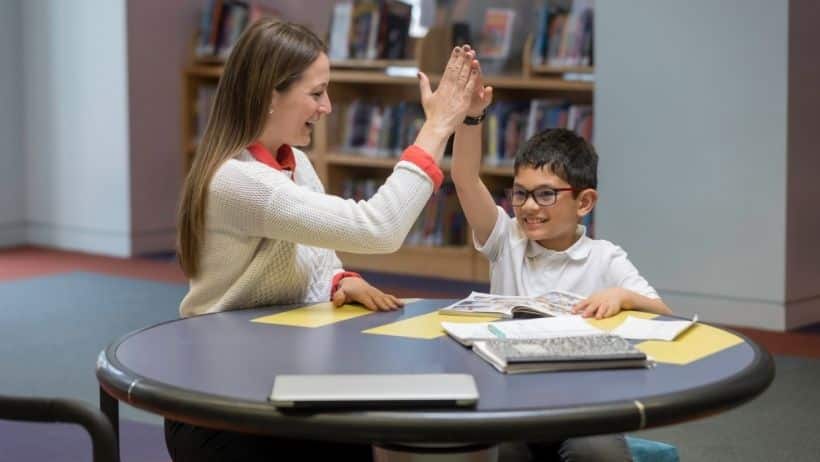A Look at the Future of Home-Based Education
As the physical world becomes increasingly engulfed in this never-ending pandemic, the majority of Singaporean households have begun to migrate even further into the digital realm, where the infected COVID-19 cannot infiltrate. This fluid and imagined online places have brought a great deal of comfort and protection, allowing people to speak freely without being masked or separated from others. Humans are essentially emotional beings who need socializing from other humans as well as recognition and acceptance from one another.
In the year 2020, home-based learning (HBL) has become a buzzword in education. It has opened up new avenues for flexible learning, with a plethora of resources and collaborative work opportunities
available both locally and globally.
While we consider the future of HBL for our children,
we must keep in mind that not every child is born and raised in the same circumstances;
the challenges faced by one student may be vastly different from those faced by another.
As a result, a standardized teaching technique may no longer be as relevant as it once was; instead, the community must thoroughly research, comprehend, and encourage each student along his or her own individual learning path.
Such idealistic ideals are attainable if the first step is to offer each student,
as well as the student’s family, enough assistance,
whether in the form of equipment, skills, time, or money.
Once such a foundation has been built,
anxiety and feelings of inadequacy will be reduced,
allowing for the development of a type of “mental compassion” and
understanding of each other’s situation.
Even in a virtual environment, a world with less judgment
always leads to a better and more civilized society.
This serves as a reminder that physical teachers will always be required,
and that true teaching can never be fully accomplished in an online education environment.
Human gestures, body language, facial expressions,
and other subtle details can never be transferred and reciprocated through a screen.
As a result, I propose a hybrid approach built on
empathy for HBL’s future success in Singapore.
1. Involvement of the parents
Lessons that introduce new theories and concepts will be pre-recorded, necessitating collaboration between professors of similar subjects.
Professional video and graphics editors might handle the video editing,
allowing professors to concentrate on the material.
Following that, the parents will either watch the video first or discuss it with their child.
They may then submit feedback to the Subject Head Teachers
in order to make required revisions, further explanations,
or requests for extension activities that are appropriate for each student.
This shifts the focus of education back to the role of the parent,
who will collaborate with Subject Heads to assess the subject being taught.
2. Expertise of Teachers
Teachers should be thought of as “Expert Consultants”
who sift through each student’s learning demands and
select the most appropriate materials and approaches for that topic.
Administrative tasks such as taking attendance and
consolidating worksheets for distribution, collecting, and
marking could be completed online with the help of teacher assistants.
3. Concentrate on the essentials
Physical school is held for a few hours each day in this integrated program.
Lessons must focus on the Core Essentials such as group work on student-led mini assignments, community service in serving the less fortunate,
effective oral communication, apprenticeship skills
(for example, in the performing arts, cooking, and carpentry work), and sports education within this limited time frame,
as well as soft skills such as public speaking, independent learning, and self-management (which addresses deeper emotional traumas and mental issues, with topics such as depression and anxiety).
4. Students’ Alternative Space
If both parents work and there is no one at home to help the child,
the student should be allowed to stay longer at school or in a
student daycare facility to pursue their own interests in specific topics.
Under the supervision of on-duty teacher specialists or teacher assistants,
they might undertake self-revision, be given minor research assignments,
and become autonomous learners.
Furthermore, pupils from dysfunctional families,
such as those who have experienced domestic abuse,
should be supervised on a weekly basis by professional counselors and social workers.
This may be accomplished by supplying students
with mobile phones with adequate data access, as well as camera or video-call functions so that the social worker could contact them at least once a day for check-in and capture any evidence of domestic violence.
5. System of Peer Support
The creation of a Peer Support System in which each member
of the student’s small support group could empathetically provide online assistance
to encourage learning, accomplish work together and remind one another of deadlines each team member might submit feedback to the teaching assistants
about their team’s challenges, and failures and dispute resolution
could be viewed as necessary components of the learning process.
On the other side, a small support structure for parents might be established,
such as taking turns watching lesson videos with their children and
sitting in as an observer during video conversations with teachers
conducting consultations with a group of students.
Because online learning and online education may obliterate a lot of human emotions, empathizing with others becomes difficult, but necessary,
when training people in this triangle of parent-teacher-student engagement.
The above–mentioned tactics may be implemented if the class membership
was decreased to smaller student groups,
where each member worked together to become more empathetic,
compassionate, and independent learners, rather than competing with one another.











